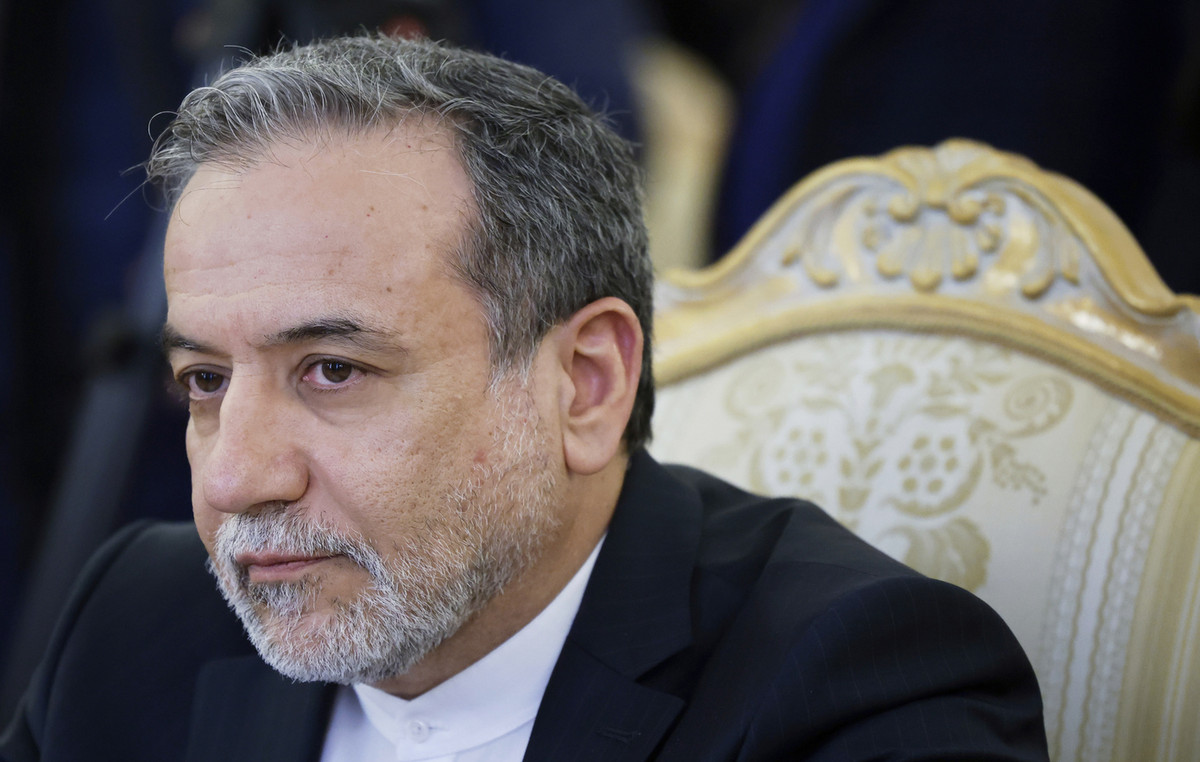Parliamentary elections in France have plunged the country into a period of political uncertainty, with no group in the national parliament having enough seats to govern alone.
The country also has to deal with the logistical and security challenges of hosting the Olympics before the country ends its summer break, a period when usual political business grinds to a halt until September.
Here are some important dates to keep in mind as the country and its leaders try to navigate the difficult weeks ahead.
July 10 – Informal discussions on coalition options are gathering pace as lawmakers return to Paris ahead of the official opening of parliament next week. Few expect any early breakthroughs.
July 14th – Bastille Day. An opportunity for President Emmanuel Macron to communicate his vision to the country and to rival political groups about what should happen next – if he chooses to do so. So far, he has stayed out of the fray.
July 18th – Official opening of the new session of parliament when lawmakers take their seats in the National Assembly within their own party formations. Some see this as a moment when temporary alliances formed for the purpose of the election – notably the left-wing New Popular Front – dissolve and individual parties can look again at their options.
July 26 – The Olympics begin, running through August 11, diverting public and media attention away from politics and tying up significant administrative and security resources. Some lawmakers suggest that this period be used as a cooling-off period in the political process.
August 1st – End of the parliamentary session. Politics, as usual, comes to a standstill while much of France goes on vacation until the political “rentree” (return) at the beginning of September.
September 2nd – As lawmakers return from their summer recess, pressure will quickly mount for a deal on the 2025 budget, regardless of whether some sort of viable government or ad hoc coalition is in place by then or not.
September 20 – Deadline for EU member states to submit their medium-term fiscal plans to the European Commission. Along with six other countries with excessive deficits, France must show how it will bring its borrowing back within EU limits.
End of October/beginning of November – The approximate timetable for the Commission to publish its assessment of these plans, with the possibility of a two-week extension if necessary.
Source: CNN Brasil
Bruce Belcher is a seasoned author with over 5 years of experience in world news. He writes for online news websites and provides in-depth analysis on the world stock market. Bruce is known for his insightful perspectives and commitment to keeping the public informed.







